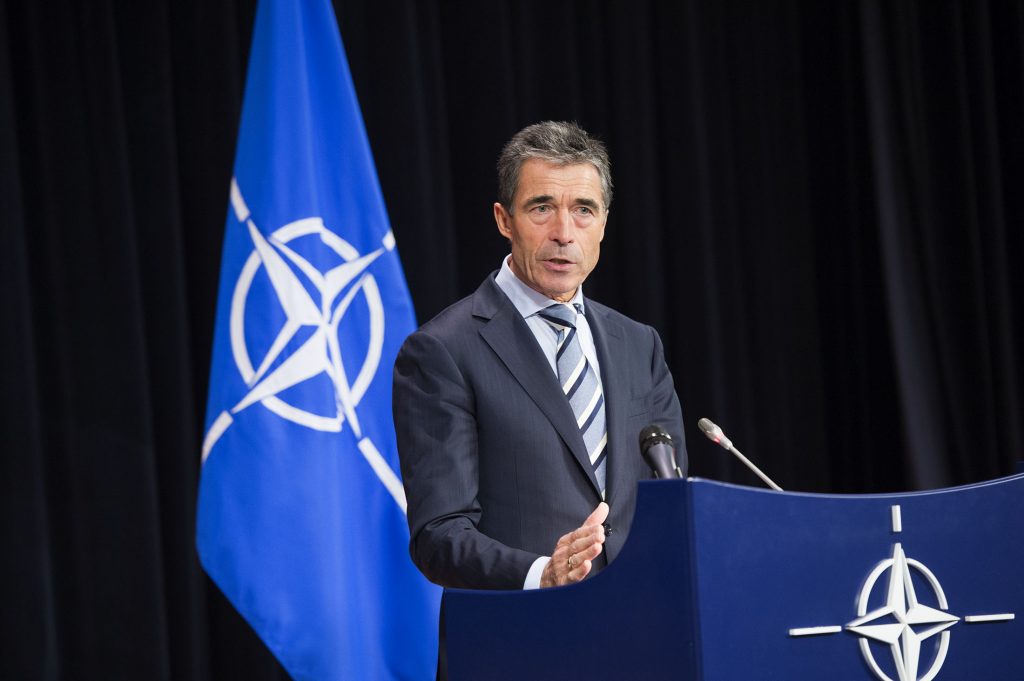
From Anders Fogh Rasmussen, NATO: At Chicago we also embraced the concept of Smart Defence. This is all about multinational cooperation. Allies working together to deliver capabilities that would be too expensive for any of them to deliver alone. It is about agreeing what we may cut from our defence, while also agreeing what we need to keep, so we can meet the Alliance’s strategic goals today AND tomorrow.
There is a clear role here for our defence and security industry. Let me share with you my views.
So far, industry appears to have been rather sceptical of Smart Defence. There are worries that it will lead to fewer and smaller contracts.
But let me be clear: there is only one alternative – and that is no contract at all.
So there is a clear incentive to look for multinational solutions. And I do not just mean in equipment development and procurement.
If we also cooperate more closely in areas such as logistics and communications, we can improve our capability in those vital areas. And at the same time we can free up resources for other activities, including for acquisition. So I see Smart Defence as an opportunity for Industry – at both sides of the Atlantic.
Smart Defence is not just a slogan. It is the only way to ensure we have the necessary capabilities for our Alliance to do its job. And for us to do that job properly we need better cooperation WITH defence industry – and we need better cooperation WITHIN defence industry.
We want to engage with you, to hear from you, and to work much more closely with you.
We want to make it easier for governments and industry to work together from the early stages of capability projects.
And we want to give industry maximum transparency throughout our NATO Defence Planning Process.
This should help defence industry develop capabilities that are more flexible by design. Capabilities that can be adapted to multiple operational requirements. And capabilities that can be modified or upgraded by integrating new technology when that becomes available.
Another advantage of making our defence planning process more transparent is that it will allow industry to be more pro-active. For example, when responding to bids, we hope you will have had more opportunity to come together to propose multinational solutions, instead of individual solutions.
Also, we would like to see you anticipate our requirements. We would welcome unsolicited proposals coming from industry outside the traditional contract process. We understand that this could create concerns about industrial confidentiality, so we would need to develop a “code of conduct” to handle such proposals. But I am confident that can be done without too much difficulty.
Of course, for Smart Defence projects, participating Nations would retain full control on their acquisition strategy. But they would be able to take their decisions with the best possible knowledge and insight into what industry has to offer.
Finally, I believe there is a need to promote greater participation by small and medium-sized enterprises, in particular in NATO countries with a limited defence industrial capability. The question is: How can we encourage this? Perhaps NATO could help by offering certain incentives. I am sure there are many other ways too.
Excerpt from video tele-conference message by NATO Secretary General Anders Fogh Rasmussen for the NATO Industry Day 2012, Riga, Latvia. (photo: NATO)
Image: nato%2010%2017%2012%20Rasmussen.jpg
